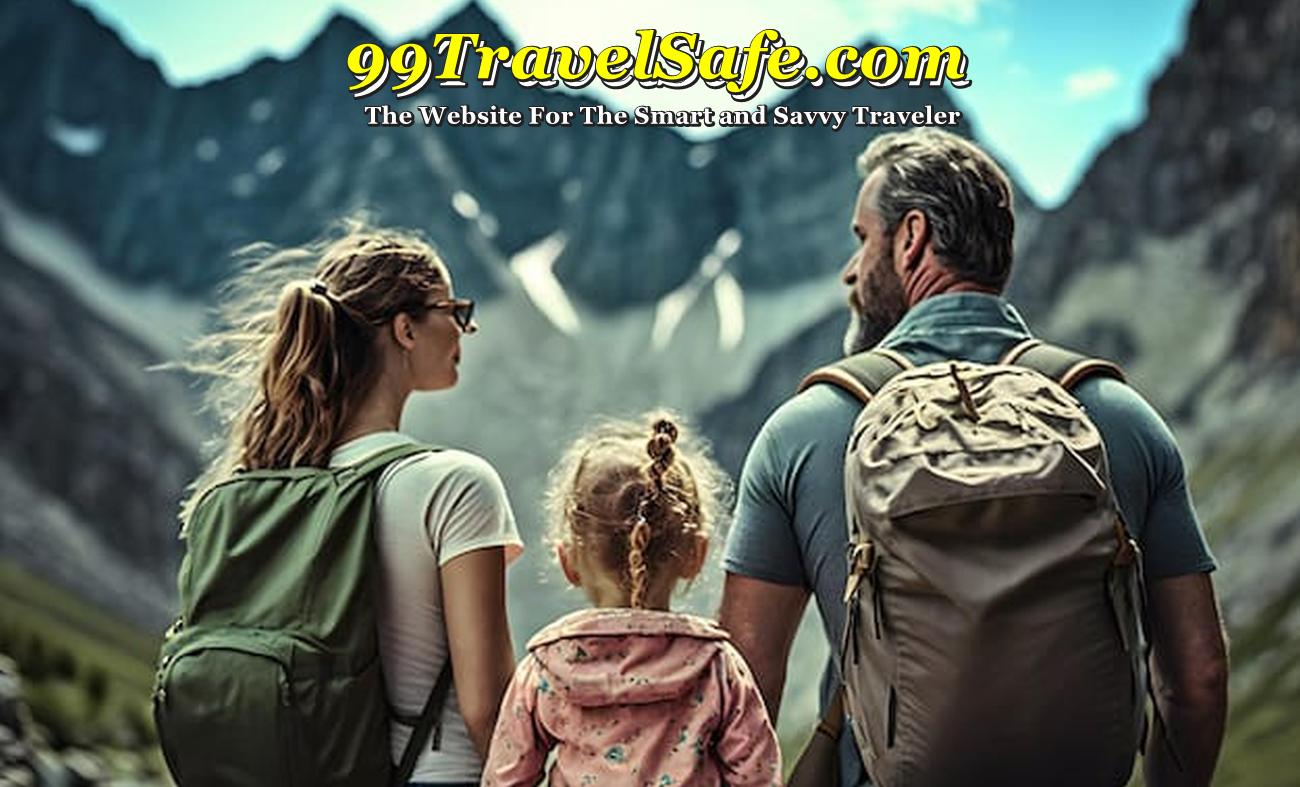

99TravelSafe.com
The Website For The Smart and Savvy Traveler
2 – Preparing and Planning for Safe Travel
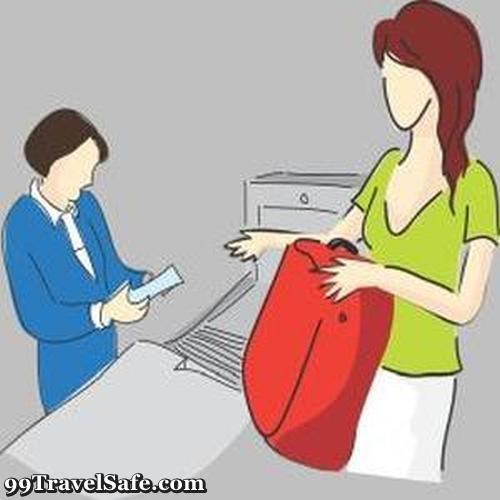

Advertisement
Preparing And Planning For Safe Travel
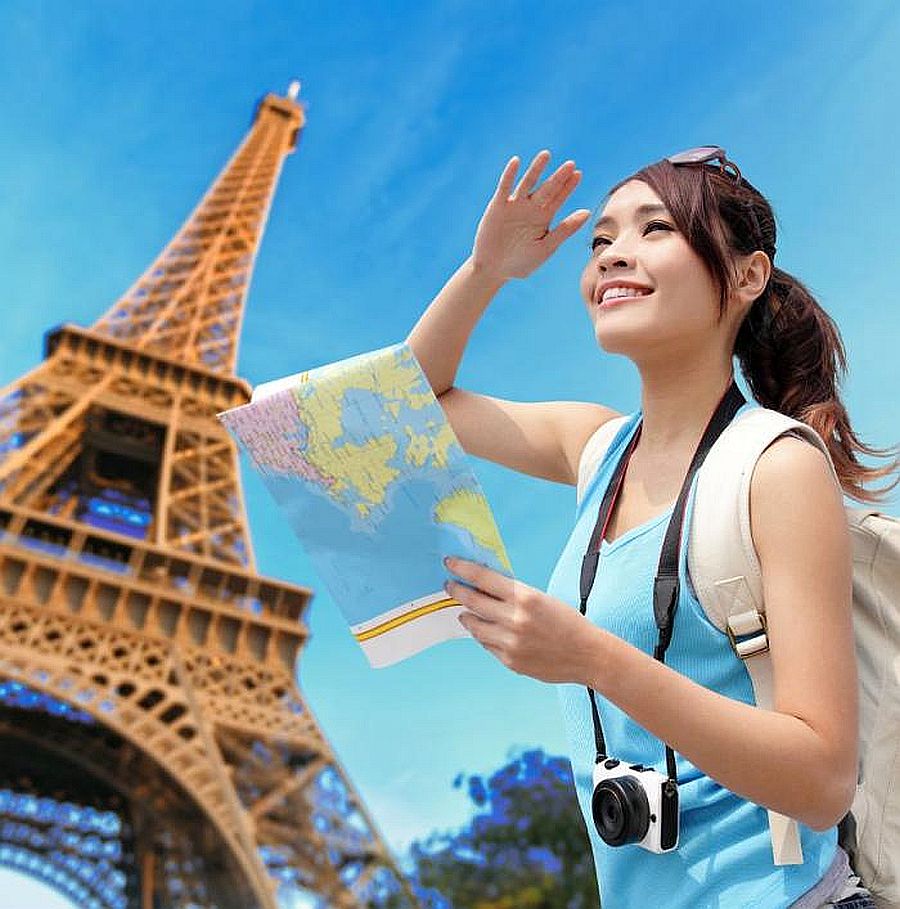

MAKE two photocopies of your passport, visas, airline tickets, driving license, insurance policies and medical certificates, leave one copy with your family or friends or better still SCAN these documents and e-mail them to your own web based e-mail account so that you can access them at any time and from anywhere!
Let family or friends know of your itinerary
You must know what your health and other insurance covers you outside your country
You should have your business/work address on your luggage, not your home address
Leave a copy of the serial numbers of your travelers' checks with a friend or relative at home
Carry your copy with you in a separate place and, as you cash the checks, cross them off the list
Book accommodation before you leave, if you arrive late at night, accommodation may be difficult to find. Remember you will be most vulnerable when you arrive
Make a note of the credit limit on each credit card that you take, and avoid charging over that limit while traveling. You can be arrested abroad for innocently exceeding your credit limit. Ask your credit card company how to report the loss of your card from abroad. 1-800 numbers do not work from abroad, but your company should have a number that you can call while you are overseas
Do not overstay your visa and do not work illegally
Travel light, this will allow you to move quickly and easily
Any sensitive information must be hand carried and not part of the checked luggage
Run a strip of nylon filament tape around suitcases to prevent them from opening accidentally or from tampering by baggage handlers
Medicines and extra glasses must be carried in pockets or briefcases and not in the checked baggage
Adults traveling with children must have proof of parentage/guardianship
Divorced/Single parents may be required to show legal documents regarding custody rights before being allowed to board
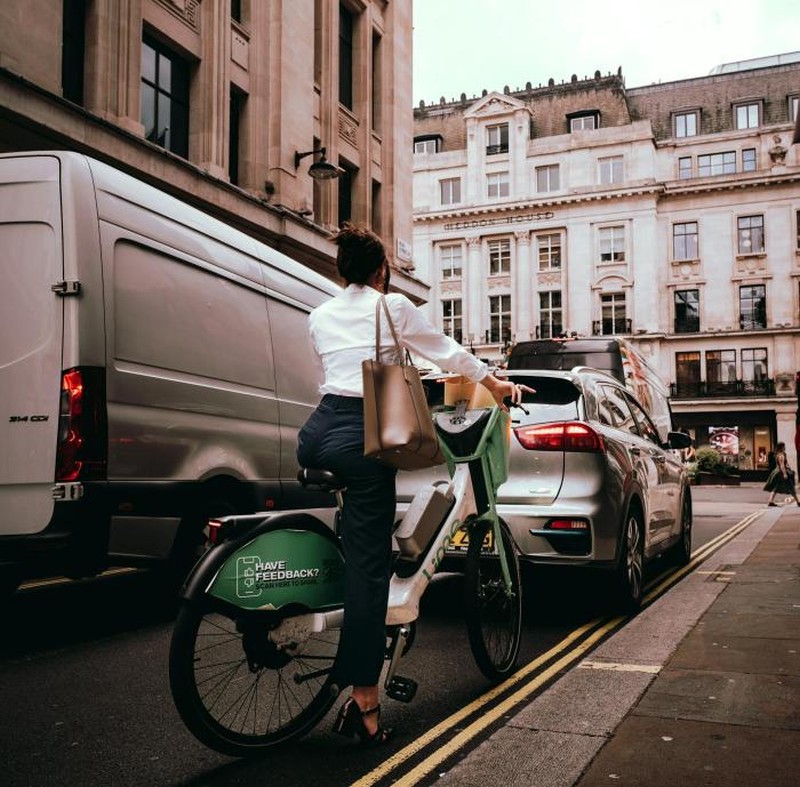

Advertisement
More On Preparing and Planning For Safe Travel


Advertisement
When traveling you must put a piece of paper with local and home contact details on your children
All drugs must be kept in original containers and you may be asked to show prescriptions. Failure to do this could get you in very serious trouble
Pack an extra pair of prescription eyeglasses, sunglasses and/or contact lenses, 2 passport sized photos, all prescription medicine with the instructions and dosage amounts
Take enough money for your trips with back-up funds. The money should be in the form of cash, credit cards and travelers checks. You should know how to replace your credit cards and travelers checks and note down their numbers
Take a copy of your prescriptions (must have generic name), in case you need to replace the eyeglasses or medication
Don't take anything you would hate to lose. Leave at home:
-- Valuable or expensive-looking jewelry
-- Irreplaceable family objects
-- All unnecessary credit cards
-Your Social Security card, library card, and similar items you may routinely carry in your wallet
Advertisement


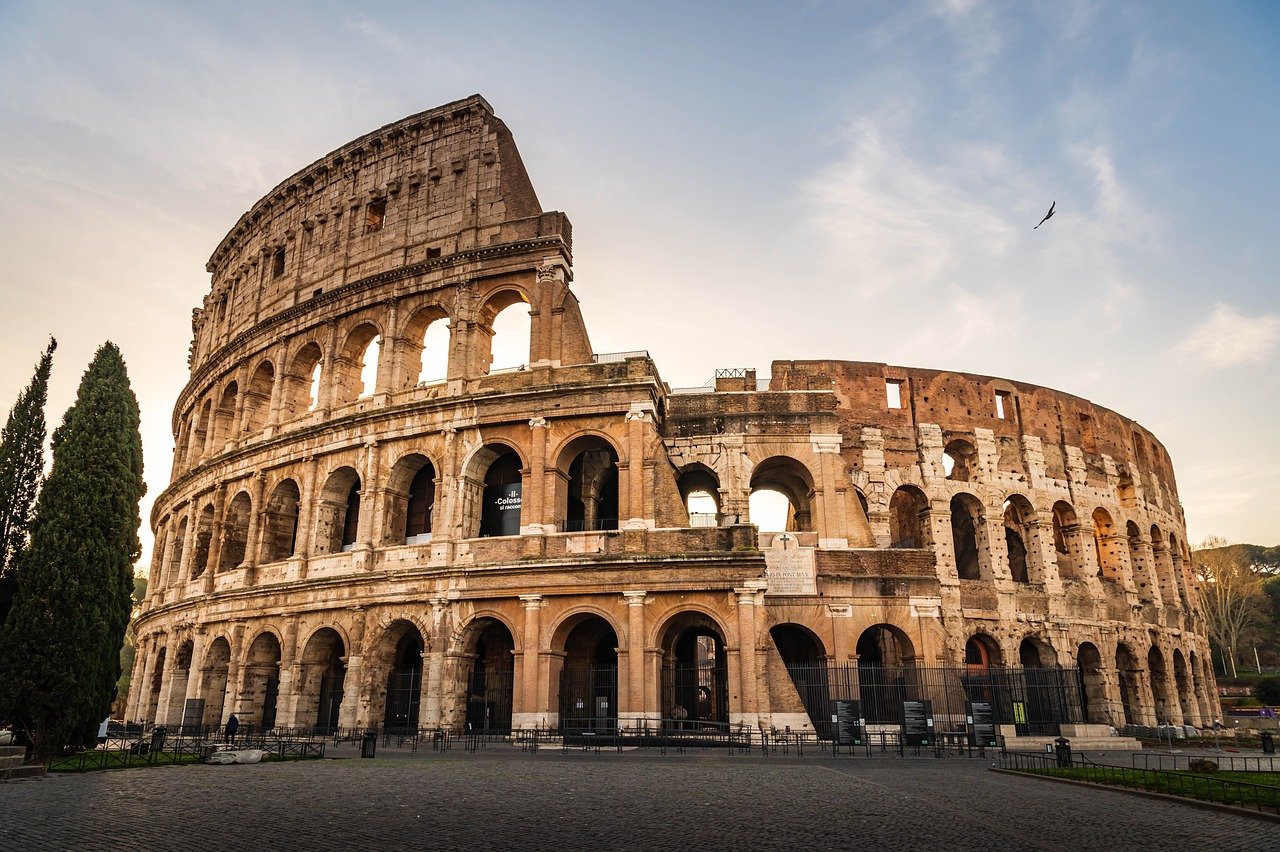





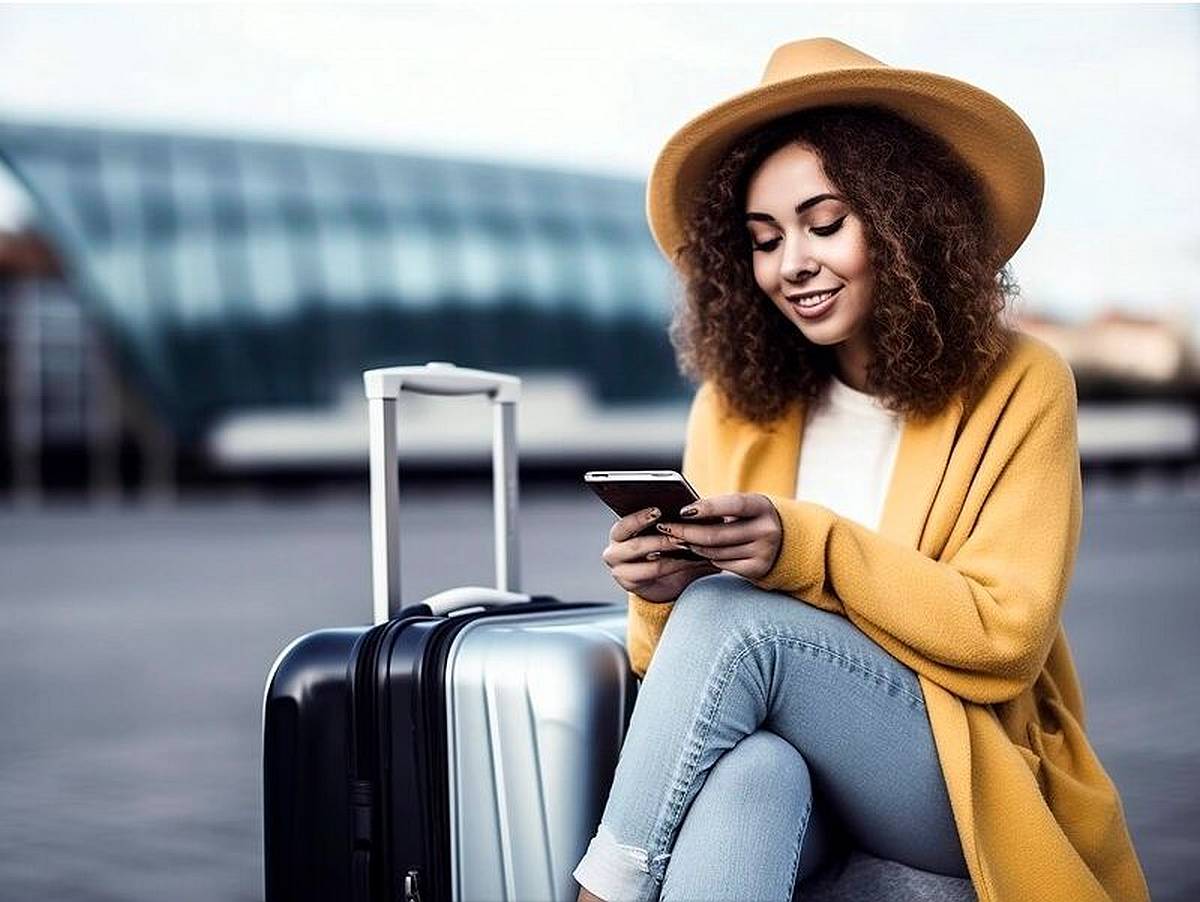

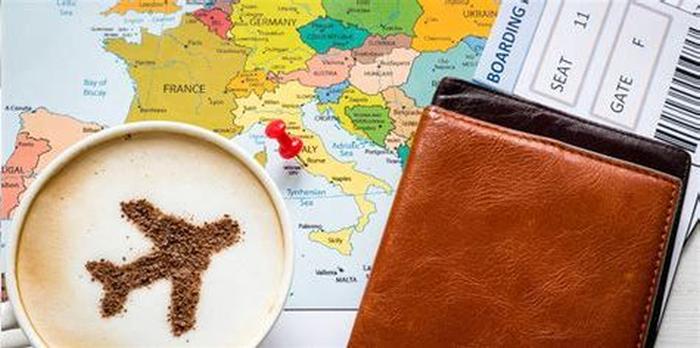

Advertisement
Safety on the Honeymoon!
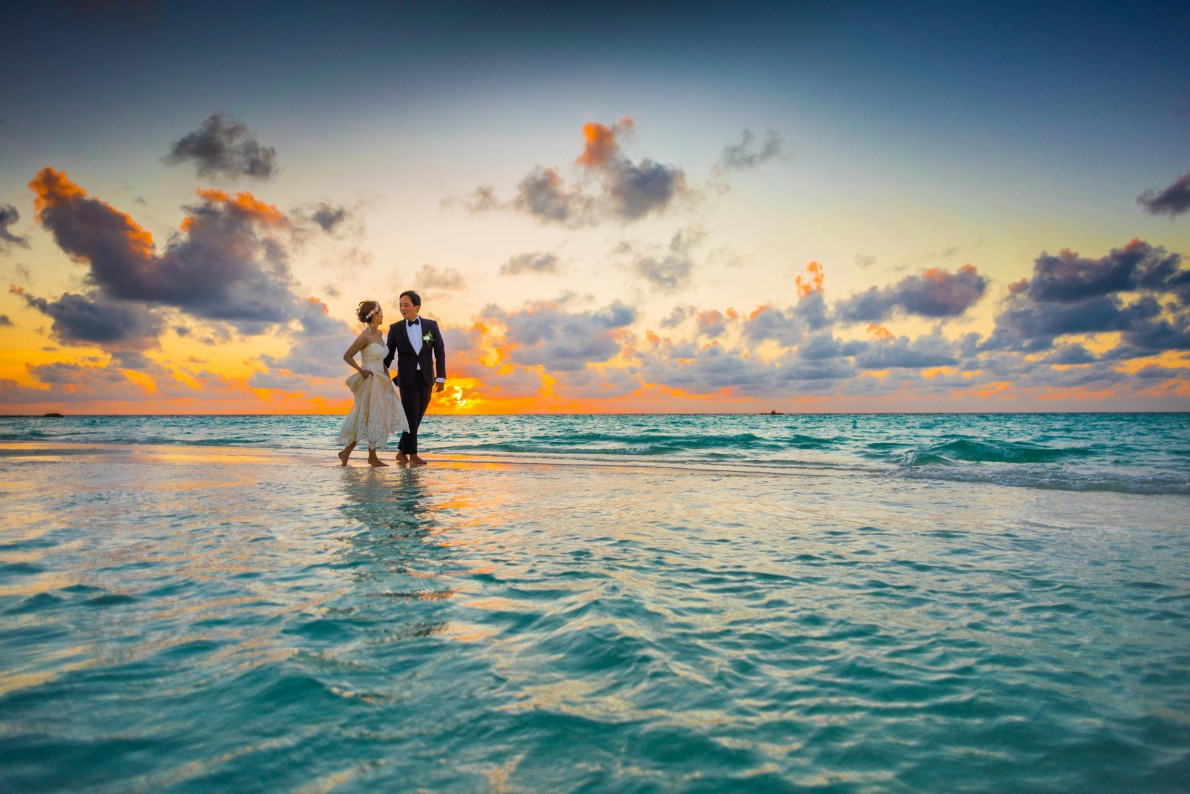

Advertisement
To ensure a safe and enjoyable honeymoon, be cautious with finances and health, and foster open communication with your partner. Physically, this means securing your belongings, avoiding large amounts of cash, using credit cards over debit cards, and staying aware of your surroundings! Emotionally, prioritize trust, respect, and open dialogue to build a strong foundation of safety and intimacy with your new spouse. Couples should prioritize travel safety by documenting their journey, backing up important documents, and staying connected with loved ones. Additionally, purchasing travel insurance, researching the destination, and being mindful of local customs and potential risks are crucial for a stress-free trip!
Financial and Physical Safety
Secure Your Money:
Use credit cards for purchases for better fraud protection, and carry as little cash as possible.
Use ATMs Wisely:
Use ATMs inside banks or hotels rather than standalone machines to avoid skimmers.
Set Up Travel Alerts:
Inform your bank and credit card companies of your travel plans to prevent your cards from being frozen.
Stay Aware of Your Surroundings:
Avoid unknown or unsafe areas, especially at night, and research the general safety of your destination.
Prioritize Health:
Pack hand sanitizer and wipes, and be mindful of hygiene, especially in public places and on transportation.
Emotional and Relational Safety
Communicate Openly:
Practice active listening and avoid judgment to make your partner feel safe to share their feelings.
Respect Boundaries:
Be mindful of your partner's boundaries and consent.
Foster Transparency:
Be open and honest with each other.
Avoid Over-Sharing on Social Media:
Consider taking a break from social media to be Present with each other and protect your privacy.
Documenting the Journey:
Photography:
Take plenty of photos and videos to document your trip, creating lasting memories and providing a visual record of your experiences
Journaling:
Keep a journal to record your thoughts, feelings, and observations during your honeymoon, adding another layer of personal detail to your memories
Social Media:
Be mindful of what you share on social media, as excessive details about your location or activities could potentially attract unwanted attention!
Advertisement
Document
Safety:
Backups:
Create multiple copies of essential documents like passports, credit cards, and insurance information. Store one set with a trusted friend or family member back home, another in your luggage, and keep a digital copy on your phone or in a secure cloud storage
Secure Storage:
Keep your important documents and valuables in a safe place, such as a hotel safe or a secure bag, and avoid carrying large amounts of cash
Staying Connected:
Check-in: Establish a regular check-in schedule with a friend or family member, especially if you are traveling for an extended period. Utilize communication apps like Skype or Facetime if your phone coverage is limited
Coverage:
Purchase comprehensive travel insurance that covers medical emergencies, trip cancellations, lost luggage, and other unforeseen events
Policy Review:
Carefully review your insurance policy to understand the coverage details and limitations
Destination Research:
Local Laws:
Research the local laws and customs of your destination to ensure you are aware of any potential restrictions or safety concerns
Potential Risks:
Research any potential safety concerns, such as crime rates, natural disasters, or health risks, and take necessary precautions
Additional Tips:
Be Mindful of Your Surroundings: Stay aware of your surroundings, especially in crowded areas or unfamiliar environments
Trust Your Instincts:
If something doesn't feel right, trust your instincts and remove yourself from the situation!
Enjoy the Experience - Embrace the Adventure and Make the Most of Your Special Honeymoon!
Advertisement




